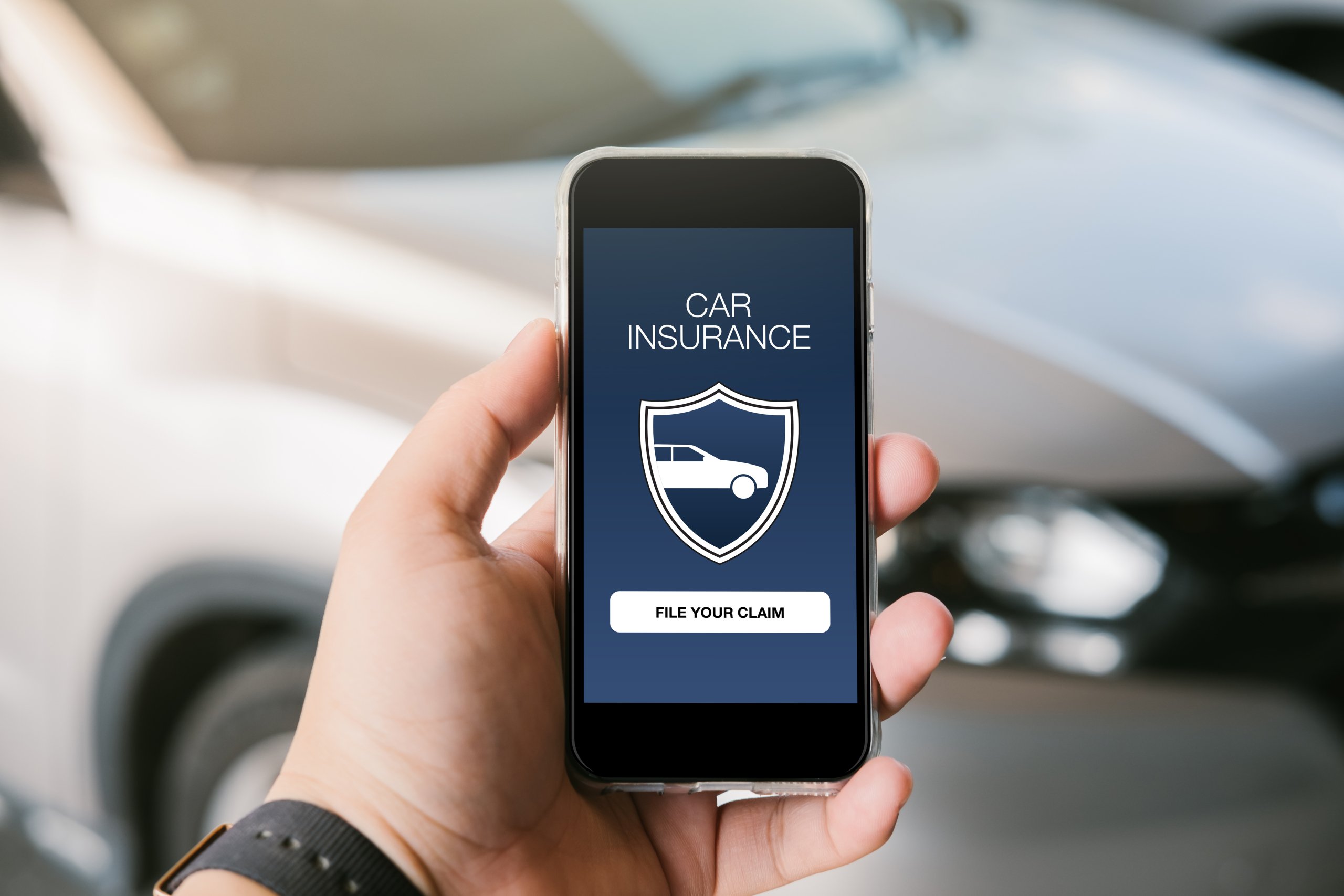
For many households, car insurance premiums represent a significant monthly expense. But it may be possible to free up some room in your budget by reducing your car insurance rate while maintaining adequate coverage in case of an accident. Whether it’s been some time since you last shopped around or you’ve been looking and haven’t found the right car insurance policy, here are seven tips to reduce your car insurance rate.
Many car insurance companies offer a variety of discounts that they do not actively publicize. Simply by calling to ask, you may find that there are savings available to you. By asking about these discounts, you may be able to save money on your car insurance premium. Here are a few of the less-publicized discounts that you may be eligible for:
If you haven’t had any success looking for additional discounts from your current provider, it may be time to start shopping around. Often, car insurance providers offer new policy discounts, so you may find a better rate by switching. Most companies will offer free car insurance quotes online. Simply enter your relevant information into their system and start price shopping quotes. In many cases, you’ll never even have to pick up the phone to find a better rate! When comparing quotes, it is important to look at the coverage limits and deductibles1, in particular, to ensure you’re maintaining the coverage level you need. A lower monthly premium is tempting, but if it comes with a decrease in coverage, it may cost you more in the long run.
If you don’t drive frequently or don’t have a long commute, you may be able to save money on your car insurance with a pay-per-mile2 policy. These unique policies offer a standard monthly base rate plus an additional charge based on mileage driven. While the monthly rate remains the same, the additional fee will vary based on how much you drive. With work-from-home more popular than ever and many major cities offering a variety of ride-sharing options and public transportation, this car insurance policy may be right for you if you don’t do a lot of driving.

Your driving record has a significant impact on your car insurance rate. But many car insurance policy providers offer a discount for drivers who take and pass a defensive driving course. This may be a way to earn additional savings, particularly if you have an accident history or points from moving violations or speeding tickets. Traditional in-person courses3 are still available at driving schools, and your insurance provider may even be able to provide recommendations. Some driving courses are also offered online4, so you can take the class and start saving money all from the comfort of your own home.
Many car insurance providers also offer coverage for home, life, and disability. If you’re currently covered by a variety of providers for these policies, you may find savings on multiple insurance bills by bundling them together under one company since most offer discounts if you have multiple policies with them. As a bonus, it can also make managing your account easier since you’ll only be dealing with one insurance company.
In many states, it is permissible for car insurance companies to consider your credit score when setting your premium rate. If your credit is below average, there may be a few actions you can take to improve your score5 and lower your car insurance premium.
Late payments can also have a negative impact on your credit score. If you struggle with remembering to pay bills on time, auto-pay is useful for ensuring consistent, on-time payments. If you do have a strong track record of paying bills on time, make sure that information is sent to your credit bureau6 as not every payment is necessarily reported.
There are many factors that can impact your credit, and you may not even know everything that is affecting your current score. To find out details, ask for a copy of your credit report and review it for any errors or inaccuracies. If everything is listed correctly, this will still help you strategize ways to improve your credit rating by showing you which items are most affecting your current score.
Many people default to paying their car insurance as a monthly bill. This reduces the pain of a large, one-time payment, but most insurance providers offer a discount if you pay the full amount up front7. If you can’t afford to do so now, save a little every month so that when your policy renewal comes around, you’re able to take advantage of the savings then. In some cases, this can amount to a difference of a few hundred dollars.
The information and materials provided on this website are intended for informational purposes only and should not be treated as an offer or solicitation of credit or any other product or service of Regional Finance or any other company. This website may contain links to websites controlled or offered by third parties. The inclusion of any third-party link does not imply any endorsement by Regional Finance of the linked third party, its website, or its product or services.
1https://www.bankrate.com/insurance/car/car-insurance-deductible/#types
2https://www.nerdwallet.com/article/insurance/pay-per-mile-car-insurance
3https://www.nsc.org/safety-training/defensive-driving/state-certified-defensive-driving-courses
5https://www.nerdwallet.com/article/finance/raise-credit-score-fast
6https://www.credit.com/blog/how-to-add-rent-and-utilities-to-your-credit-report/
7https://www.bankrate.com/insurance/car/pay-car-insurance-in-installments/
You can prequalify for your personal loan online in just minutes by clicking prequalify now. Or, if you prefer, call or stop by your local branch to get the process started. Our loan specialists can answer any questions you may have such as what a personal loan is, understanding personal loan interest rates, and how to qualify for a personal loan. We’ll help you fill out an application for the type of loan that fits your needs.